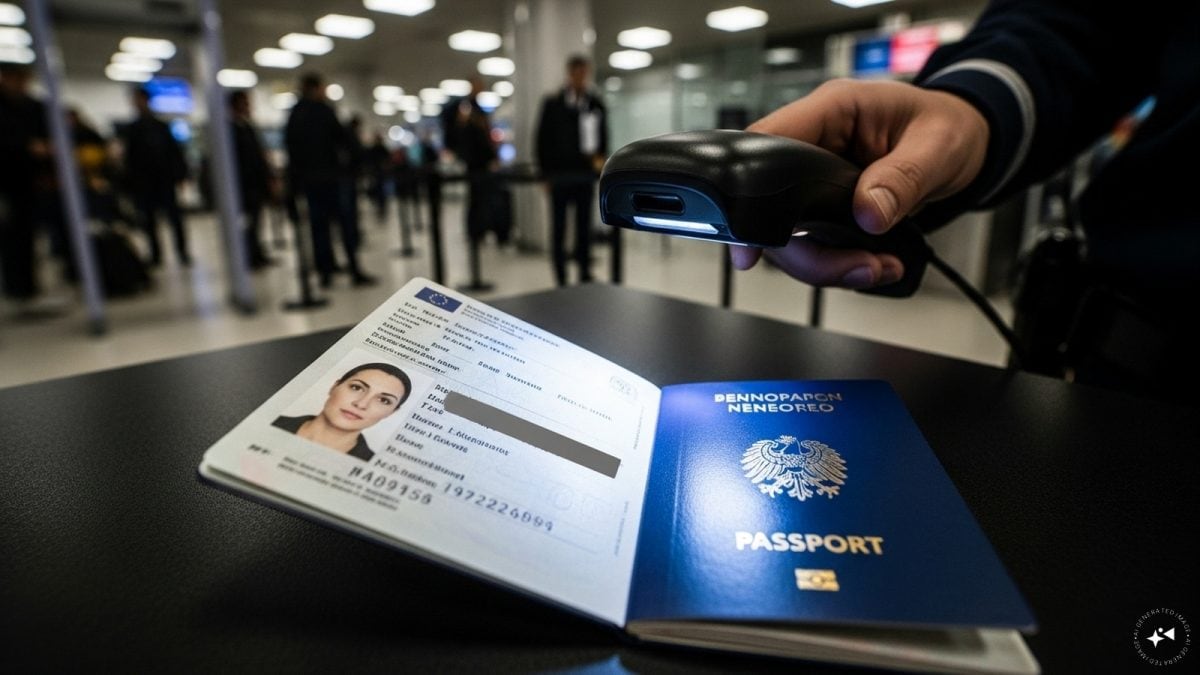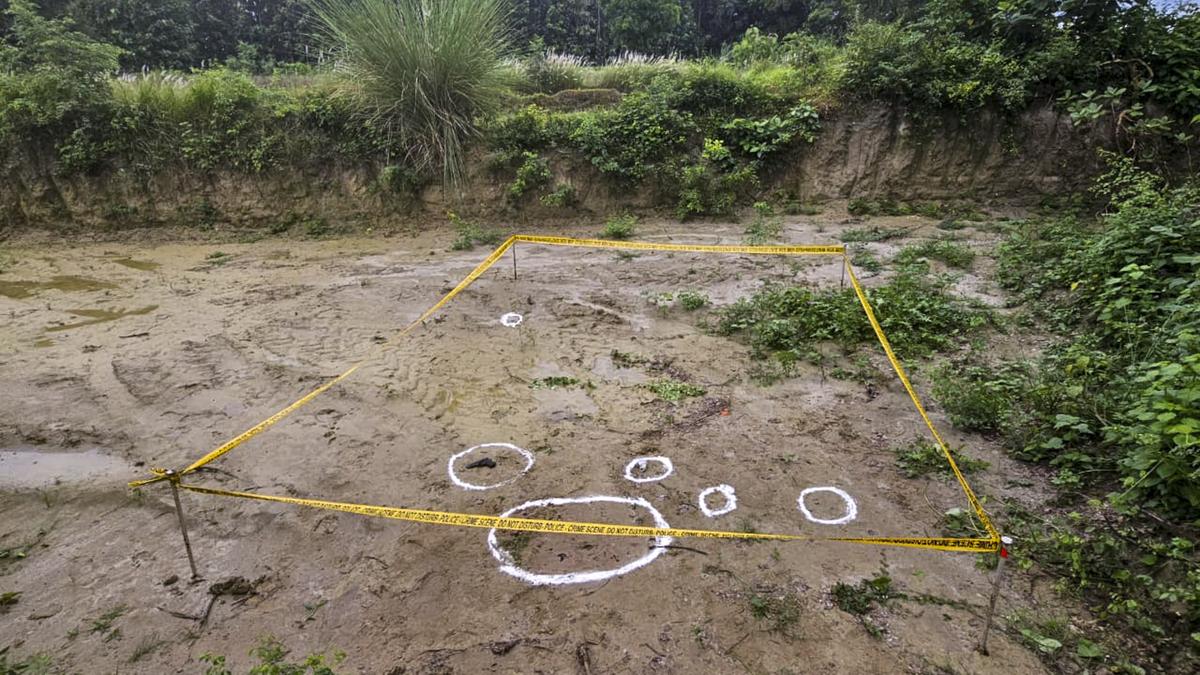A public meeting organised at Mumbai Marathi Patrakar Sangh on Tuesday evening (September 16, 2025) by Umar ke Dost (Friends of Umar Khalid) and Hum Bharat Ke Log, an organisation formed during the anti-CAA-NRC movement and led by Tushar Gandhi, renewed calls for a fair trial for student leader Umar Khalid and others jailed under the Unlawful Activities (Prevention) Act (UAPA) in connection with the February 2020 Delhi riots conspiracy case.
Human rights activist and organiser Guddi S.L. said the event was convened to “raise our voice against unlawful detention and demand a fair trial.” Explaining the choice of venue, she added, “These days we cannot hold public meetings in open spaces. That is why we held it at the Mumbai Marathi Patrakar Sangh.”

The programme, titled The Delhi Riots Conspiracy Case: Five Years of Injustice, featured guest speakers including Umar Khalid’s partner Banojyotsna Lahiri and actor-activist Swara Bhaskar. Filmmaker Anand Patwardhan, social and political activist Feroze Mithiborwala, Fahad Ahmad of Nationalist Congress Party (Sharad Pawar) and Hasina Khan of Bebaak Collective were also among those in attendance.
Faith in Constitution, judiciary
Mr. Mithiborwala said the cases against Mr. Khalid and others were an attempt to “crush the movement that grew during the anti-CAA-NRC protests.” Drawing parallels with the Bhima Koregaon cases in Maharashtra, he said, “Our faith in the Constitution and judiciary remains the same and has not died yet. In all of Umar’s speeches, he spoke of peace, Mahatma Gandhi, B.R. Ambedkar, Savitribai Phule, never of violence.”
Editorial | Process as punishment: On the Umar Khalid case
‘Five years, but no trial’
Ms. Lahiri recalled the months of protests in Delhi against the Citizenship (Amendment) Act. “When CAA and NRC were announced, religion became a criterion for Muslims. The protest, though led by Muslim women, brought together people of all faiths,” she said. “It has been five years, and the trial has not even begun. Initially, when the Delhi High Court granted bail to three accused in 2021, it criticised the Delhi Police. Yet no action has been taken against leaders including Kapil Mishra, who was caught on video making incendiary speeches.”
Complaints filed with the Delhi Police after the riots accused Mr. Mishra of instigating mobs near Jaffrabad metro station and Kardampuri, with one complainant alleging that police officers attacked protesters on his instructions.

‘A denial of normal life’
Ms. Bhaskar said the prolonged incarceration highlighted how identity had become a privilege. “In five years, my own life has transformed: I got married, became a mother, and my daughter now goes to playschool. But there are those who are denied even a normal life,” she said.
She criticised former Chief Justice of India D.Y. Chandrachud’s public remarks suggesting repeated errors in defence applications had delayed hearings. “This is not true. Five years is too long,” she said, urging the judiciary to act.
Ms. Bhaskar also cited examples of activists who suffered long detentions. Jesuit priest and tribal rights activist Father Stan Swamy, arrested in the Bhima Koregaon case, died in custody in 2021. Wheelchair-bound Delhi University professor G.N. Saibaba was acquitted in 2024 after nearly a decade in jail but died months after his release. Pinjra Tod activists Natasha Narwal and Devangana Kalita, arrested in 2020, spent over a year in Tihar Jail before securing bail.
She added that these cases show how activists, journalists and students grow old inside prison walls while trials drag on. Some emerge broken, others never come out alive.
Legal proceedings
The public meeting came after the Supreme Court, on September 12, adjourned the hearing of bail petitions filed by Mr. Khalid, Sharjeel Imam, Gulfisha Fatima and Meeran Haider to September 19.
Earlier, the Delhi High Court had denied bail to Mr. Khalid and others, ruling that the riots were not “a regular protest” but “a premeditated, well-orchestrated conspiracy.” The court observed, “If the exercise of an unfettered right to protest were permitted, it would damage the constitutional framework and impinge upon law and order. Conspiratorial violence under the garb of protests cannot be permitted.”
The accused have remained in custody as undertrials since 2020. Their lawyers have argued that the trial has been inordinately delayed and have sought bail on grounds of parity with co-accused who have already been released.
Student leaders Natasha Narwal, Devangana Kalita and Asif Iqbal Tanha were granted bail in June 2021, while former Congress councillor Ishrat Jahan was released in March 2022.
‘We will Keep urging the courts’
Speakers at the Mumbai meeting stressed that while the protests had ended, the struggle for democratic rights continued. “When citizens’ rights are suppressed for years, people are forced onto the streets, as we saw in Sri Lanka, Bangladesh and Nepal,” Ms. Bhaskar said. “But we will not resort to violence. We are law-abiding citizens and have not given up on the judiciary. We will keep urging the courts until they hear us.”



.png)
.png)
.png)
















 1 hour ago
4
1 hour ago
4









 English (US) ·
English (US) ·